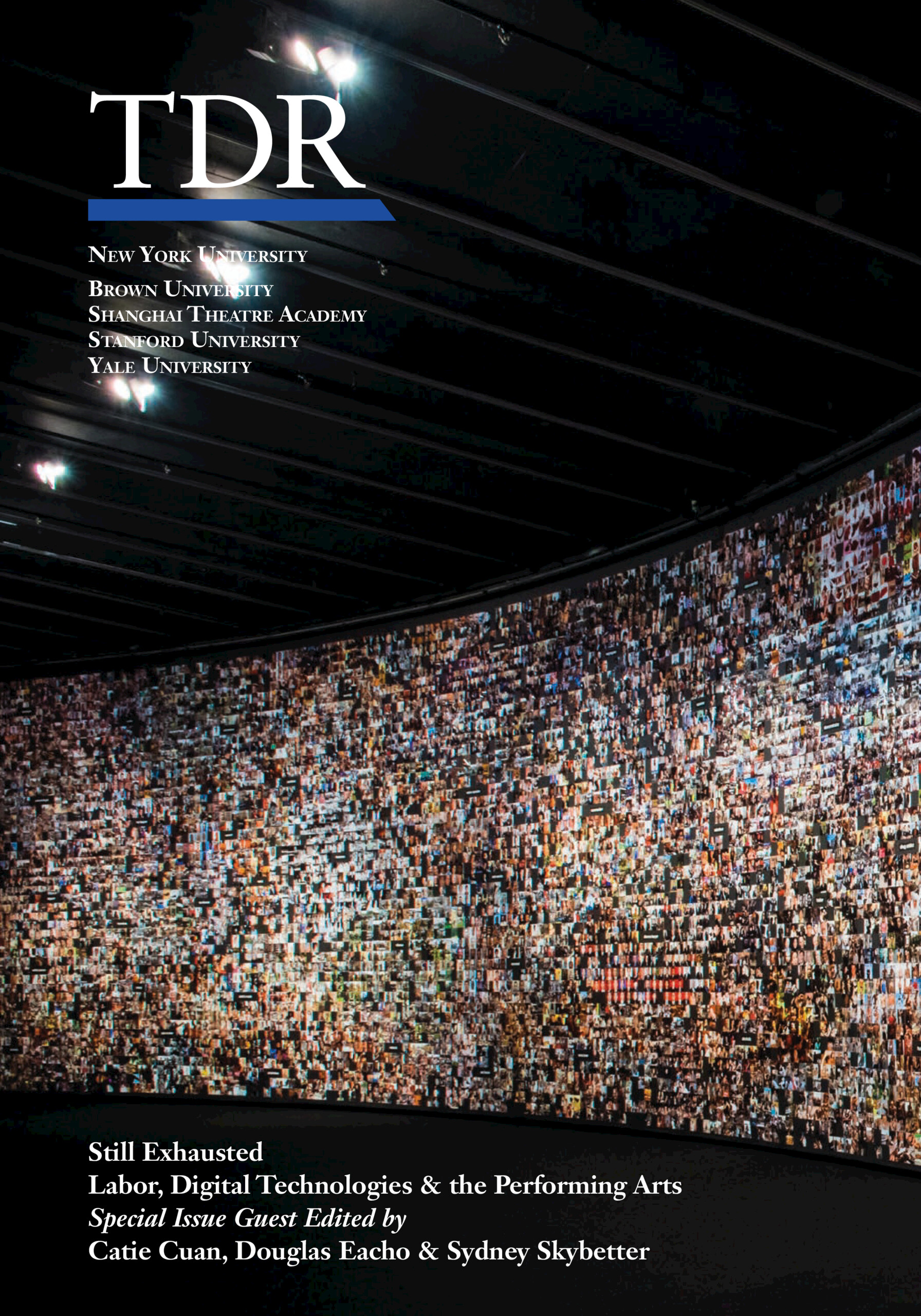Theatre scholar, critic, and dramaturg
Ilinca Todoruț
Assistant professor, Faculty of Theatre and Film at Babeș-Bolyai University

Ilinca Todoruț
Backstory
Other worlds are possible, and theatre and performance can help bring them into being. My respect for local specificity, daily resilience, and interconnectedness in the context of globalized capitalism and the climate crisis has developed through decades of living, studying and working in diverse countries, from Norway and India to the U.S. and China. I now teach theatre at the Faculty of Theatre and Film within Babeș-Bolyai University in Romania.
Sample Writing
Christoph Schlingensief's Realist Theater (Routledge 2022)
A monograph on the prolific German filmmaker, director, performance artist, and TV host Christoph Schlingensief (1960–2010). The study identifies Schlingensief as a practitioner of realism in the theater and argues that theatrical realism can offer an aesthetic frame sturdy enough to hold together his experiments across media and genres.
Mobilizing Workers Poetry: A Pedagogical Journal (TDR 2024)
The TDR: The Drama Review article talks about how students staged a performance based on poetry written by Chinese migrant workers while under lockdown in a boarding school in China. The poems guided an exploration of biotechnical interdependencies in and between local and global environments and the composition of the resistance script and movement score of laboring bodies embedded in the poems.
Stanislavski versus the Peasant Woman: Acting habits beyond the neutral (Performance Research 2023)
The journal article analyses Western theatre’s fraught relationships with acting habits by reading between the lines of Konstantin Stanislavski’s short account of a daring casting experiment gone awry. In a slippery two-page text, Stanislavski narrates how he attempted to cast an unnamed peasant woman in the 1902 production of Leo Tolstoy’s The Power of Darkness. Prying open what went wrong at the Moscow Art Theater, despite the best of intentions, helps guide a critique of contemporary performance training methods geared towards eliminating habit.
“Twenty-first-century theatre institutions can have a role to play in fostering alternative affective attachments when, despite its impotence to deal with the current global challenges of neoliberal social havoc, climate change, and political radicalizations, 'nation-ness [remains] the most universally legitimate value in the political life of our time' (Anderson 3). If nineteenth-century solidarities coalesced around the racialized, monolingual idea of the uniform nation, on the basis of what other ideas charged with affective content can we nurture new solidarities?”
From "National and Transnational Theatres in Transylvania: Alternative Models to Institutional Identities"
“I propose a ... reshaping of a practice where actors are
not pared down, reduced, diminished to the blandness of invisible neutrality, but enlarged in feeling through empathy, grown in skill through plastic, adaptive habits, expanded in mind through shedding the arrogance of already knowing the totality of the human, through a down-to-earth exploration of both the potentialities and limits of the theatre. A recalibration of institutional frameworks to allow for the openness to re-evaluate itself if a peasant woman exposes institutional entrenchments.”
From "Stanislavski versus the Peasant Woman"

Ilinca Todoruț
Theatre maker, theatre teacher, theatre theoretician



